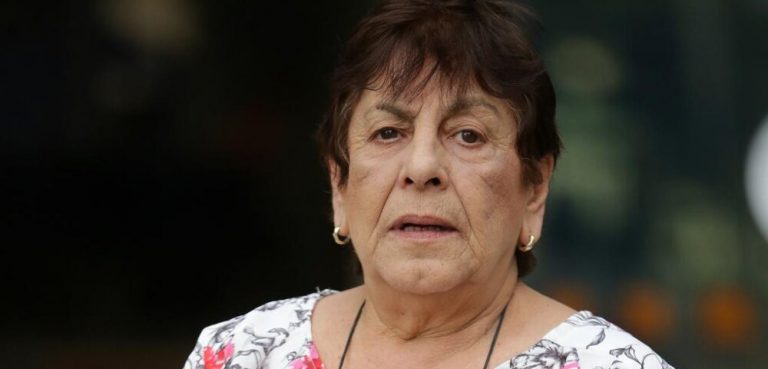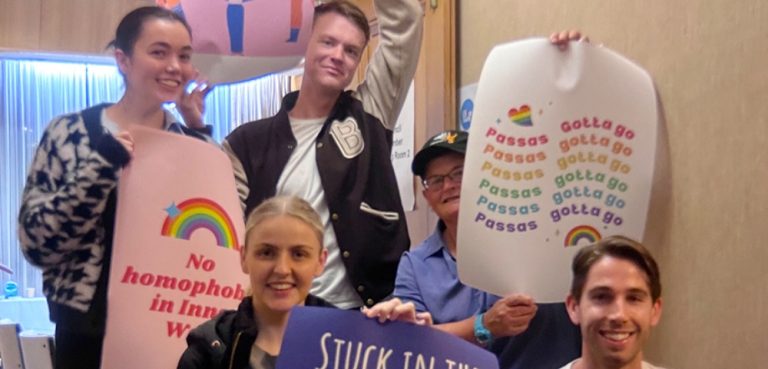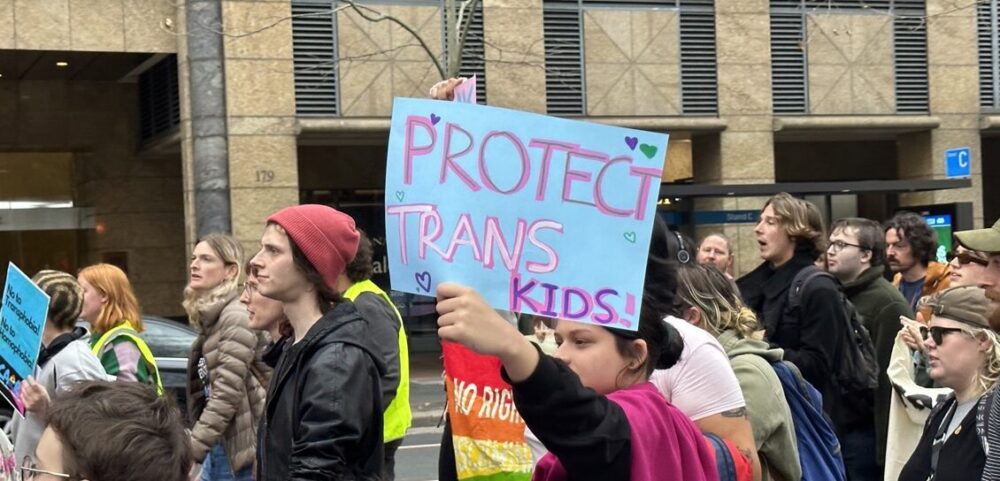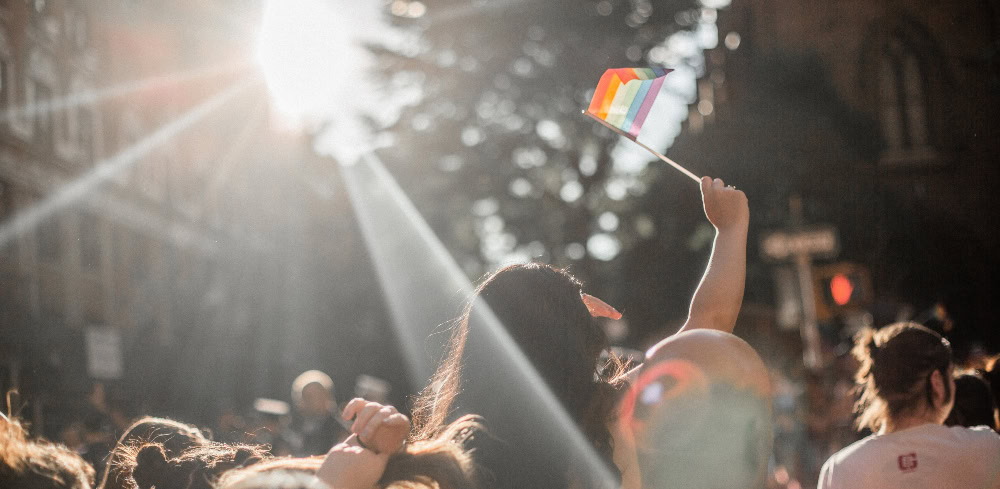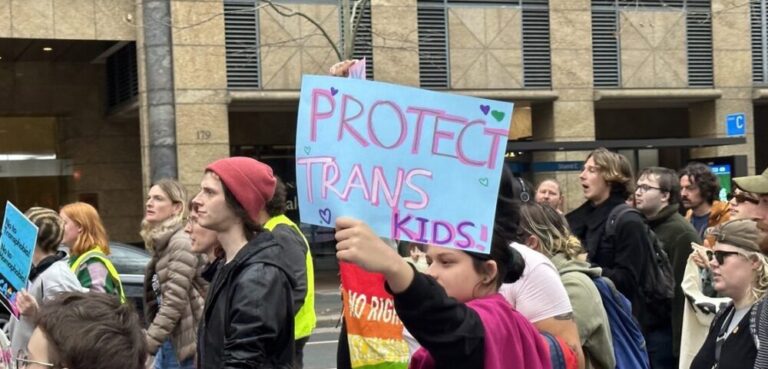
New Report Shows “Unique” Effects of Self-Isolation
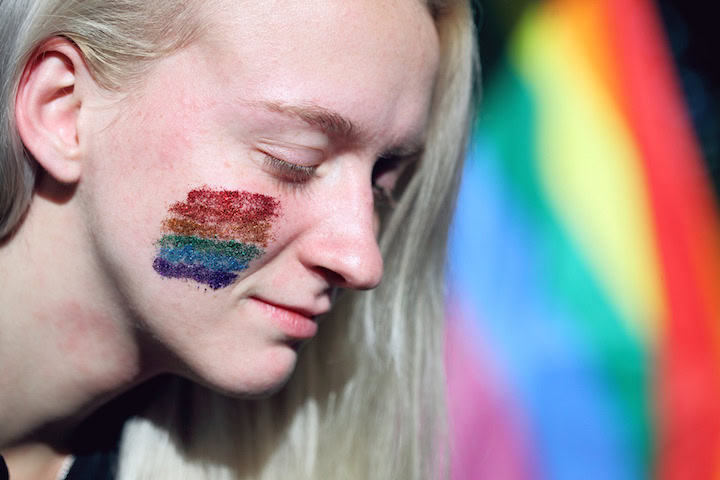
The NSW Gay and Lesbian Rights Lobby (GLRL) has released their survey showing that the LGBTQI community has been disproportionately affected by the COVID-19 pandemic and the need for isolation.
The report, released in June, provides concrete evidence that LGBTQI people face unique issues of domestic and family violence in self-isolation, and face an array of mental health challenges as a result.
However, the report also calls for the Australian Census to gather more data on LGBTQI people and their experiences.
The Co-Convenor for the GLRL, Jack Whitney, told Star Observer how GLRL surveyed their membership and the NSW community to determine how COVID-19 had impacted them.
“We asked questions around mental health and wellbeing before COVID, during, and their adjustment to it after. There was quite a marked difference in mental health before and after,” he said.
“People noted that they wanted better leadership for COVID, and wanted queer instructions and collaboration with different governments in order to show more compassion for vulnerable communities.
“People were also concerned about their rights and liberties, and were disappointed with healthcare and social responses for the community.”
The survey engaged not only gay and lesbian people, but also bisexual, transgender, gender diverse and queer respondents and covered a universal age bracket to ensure accurate results.
Only eight per cent of respondents described their mental health as ‘excellent’ or ‘very good’ during COVID-19, compared to 40 per cent before COVID-19.
Most notably, 65 per cent of respondents described their mental health as ‘less than good’ or ‘poor’ after social distancing and isolation restrictions commenced.
These results are in part due to having to isolate with unaccepting family-members or friends, as well as a loss of social networks. 61 per cent of respondents reported that during COVID-19, their personal relationships had been impacted ‘extremely often’, ‘very often’ or somewhat often’.
“I’m unable to speak about LGBT topics at home and have to act differently on calls with friends,” said one respondent when asked if they feel safe while isolating in a home environment.
Media Manager for The Gender Centre in Annandale, Eloise Brook, told Star Observer that issues surrounding isolation and the removal of support systems are aggravated for those in the trans and gender diverse (TGD) community.
Brooke noted that while these issues affect individual TGD people, they can also impact other family members.
“It’s funny how pre-existing stresses and strains, under the strains of COVID-19 are aggravated,” she said. “We know that of the families that we see and do look after, one in five are experiencing a combination of violence and homelessness, making them need to seek shelter.”
However, Brook noted these family-wide effects, and the available options to negate them, are being put under immense pressure in a post-COVID world.
“In the wake of COVID-19, if that’s what we’re going through now, this unacceptably high degree of violence and homelessness among TGD families now has a tinder-box effect and becomes more serious,” she told Star Observer.
“That looks like mum, a trans kid, and extra siblings will normally go to some kind of shelter as a result, but that’s under normal circumstances. Now we’re even seeing those support services being severely impacted.
“These removals of support structures and the removal of routine will escalate problems that could and should normally be avoided. It has a serious effect on the safety of families and young individuals.”




